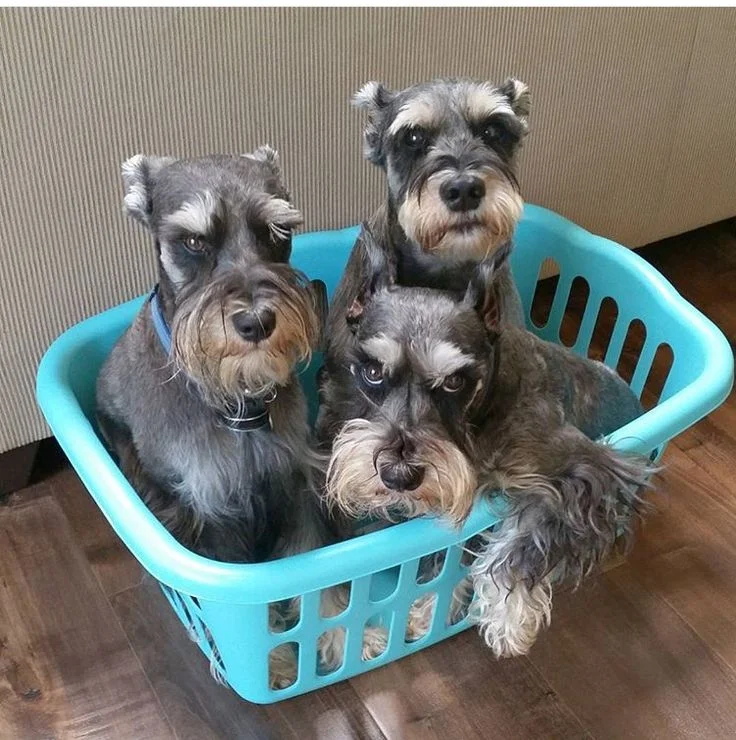Do Schnauzers Need Their Glands Expressed? A Comprehensive Insight
Prior to discussing the unique requirements of Schnauzers, it is crucial to comprehend the fundamental structure and function of canine anal glands.
1. Describe Anal Glands.
The small pouches known as anal glands, or anal sacs, are located on either side of the dog’s rectal orifice and secrete a unique, frequently malodorous fluid. This fluid served as a protective mechanism or a means of marking territory in the wild.
2. What Could Make Them Need Words?
When these sacs don’t empty on their own after defecation, the process known as gland expression becomes necessary. If left untreated, overfull glands can cause discomfort for the dog and possibly result in infections or abscesses.
The Anal Gland Requirements of Schnauzers
So, where are Schnauzers in this debate?
1. Are Anal Gland Problems More Common in Them?
Anal gland disorders can affect any breed of dog, but smaller dogs—like Miniature Schnauzers—may be more susceptible to them because of their smaller stature. While not all Schnauzers may experience this, owners should be aware of it as a potential health concern.
2. Identifying the Indicators
Regardless of breed, a dog may be indicating the need for gland expression if it repeatedly scoots its rear end on the floor, licks or chews close to the tail, or shows signs of discomfort during the defecation process.
3. Do Schnauzers Require More Frequently Expression of Their Glands?
Because of this inclination, some vets and groomers think that Schnauzers could need more frequent gland inspections. But it’s important to recognize that each dog is an individual. Although the Schnauzer breed can be slightly more susceptible to problems with the anal glands, not every dog will require frequent treatments.
Moving Forward with Gland Expression: Optimal Procedures
Here’s things to know if you determine that your Schnauzer would benefit from anal gland expression:
1. At-Home Expression vs. Veterinarian
It’s best to leave the process to a professional groomer or veterinarian, particularly if you’re not experienced with it. Misuse of language can harm someone or make problems worse.
2. Regularity and Observation
Frequent veterinary examinations are crucial for Schnauzers who need frequent gland expressions. Some may require care every month, while others may be able to go longer without experiencing any pain.
3. Dietary Influence on Anal Gland Function
Firmer stools can be produced by a balanced diet, which can help the glands express themselves naturally. A diet high in fiber can help some Schnauzer owners with their anal gland issues.
Prevention and Care: Exceeding Verbalization
How can owners of Schnauzers guarantee that their dog’s anal glands remain healthy after the glands are expressed?
1. Frequent visits to the vet
Frequent veterinary checkups will help keep an eye on your Schnauzer’s anal gland health and identify any problems early on.
2. Quickly Attending to Uncomfortable Symptoms
It’s critical to respond quickly if your Schnauzer exhibits any symptoms of anal gland discomfort. Delays may result in serious infections or other issues.
3. Modifications to Diet
As was already discussed, nutrition is important for the health of the anal glands. It can be helpful to discuss potential food changes or supplementation with your veterinarian.
In conclusion, customized care for the needs of the schnauzer
To answer our original question, “Do Schnauzers need their glands expressed?”, each case must be evaluated individually. Although there may be a genetic tendency, every Schnauzer will have different needs. The greatest methods to make sure your pet is comfortable and healthy include routine observation, veterinary examinations, and a deep understanding of their behavior.








